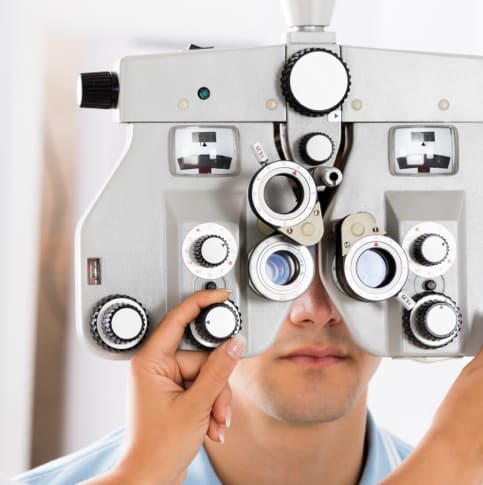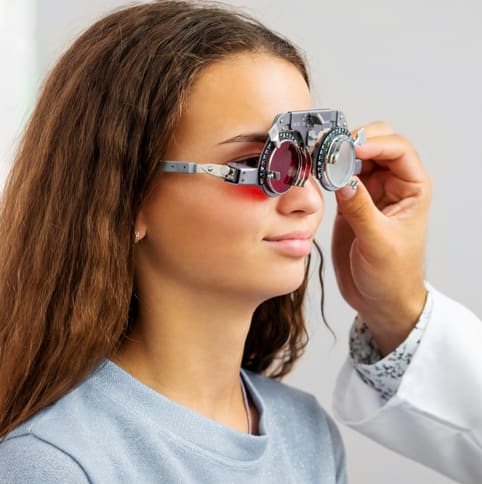The eyes and their surrounding skin are among the most fragile organs in a child’s body. Engaging in everyday activities, from sports to leisurely recreation, can sometimes pose a threat to your child’s eye health. In this article, we’ll explore common pediatric eye emergencies and provide essential tips on recognizing and managing them.
Common Pediatric Eye Emergencies:
Children are particularly susceptible to eye injuries and infections due to their active lifestyles. Some typical pediatric eye emergencies seen at Oxford Optometry include:
- Cuts or scratches on the eye or eyelid
- Eye infections, such as pink eye
- Blunt injuries to the eye or eyelid
- Exposure to chemicals
- Foreign objects stuck in the eye
- Burns
Recognizing Eye Emergencies:
Identifying whether your child is experiencing an eye emergency can be challenging. Look out for the following symptoms:
- Redness (bloodshot eyes)
- Unusual discharge, bleeding, or itching
- Bruising
- Eye pain or burning
- Pupils of unequal size
- Double vision, reduced vision, or loss of vision
- Sensation of something stuck in the eye
- Sensitivity to light
If your child exhibits any of these symptoms, seek assistance from your optometrist, family physician or local emergency department.
First Aid for Parents:
While awaiting professional help, parents can take some first aid measures for minor eye injuries:
- Black eye: Apply cold compresses gently to reduce swelling.
- Irritated eyes from chemicals: Rinse the eyes with clean, cool water for at least 15 minutes and seek guidance from an eye doctor.
- Foreign object stuck in the eye: Flush the eye with clean water. If the object persists, seek urgent treatment from an eye doctor.
Top Tips for Pediatric Eye Emergencies:
To minimize the risk of eye emergencies, consider the following tips:
- Encourage your child to wear protective eye gear during sports and recreational activities.
- Teach them not to rub their eyes, as it can exacerbate the situation.
- Be cautious with activities involving potential eye hazards, such as exposure to chemicals or flying objects.
- Stay vigilant for symptoms of eye emergencies and seek prompt professional assistance.
Preserving your child’s vision is crucial, and being aware of potential eye emergencies can make a significant difference. By taking preventive measures and knowing how to respond in critical situations, you can help ensure your child’s eye health and well-being. If in doubt, always consult with a qualified optometrist for guidance tailored to your child’s specific situation. At Oxford Optometry we are here to answer your questions and be that guidance.



















